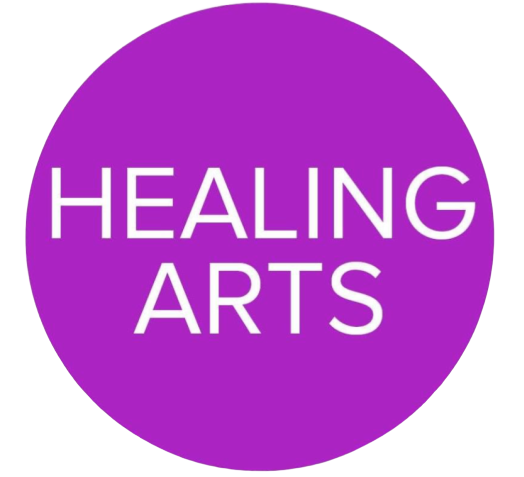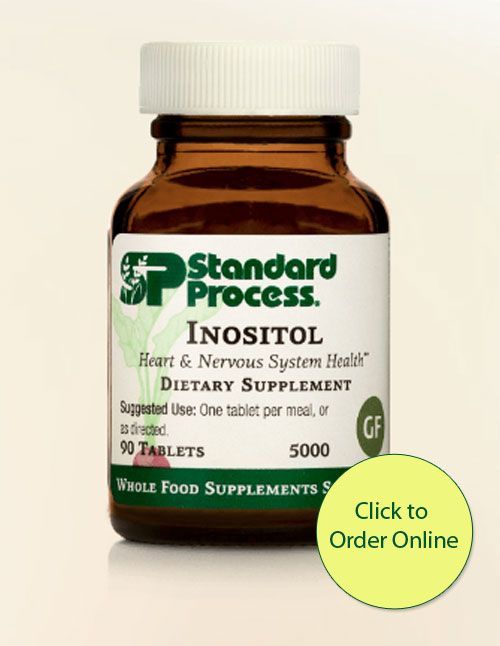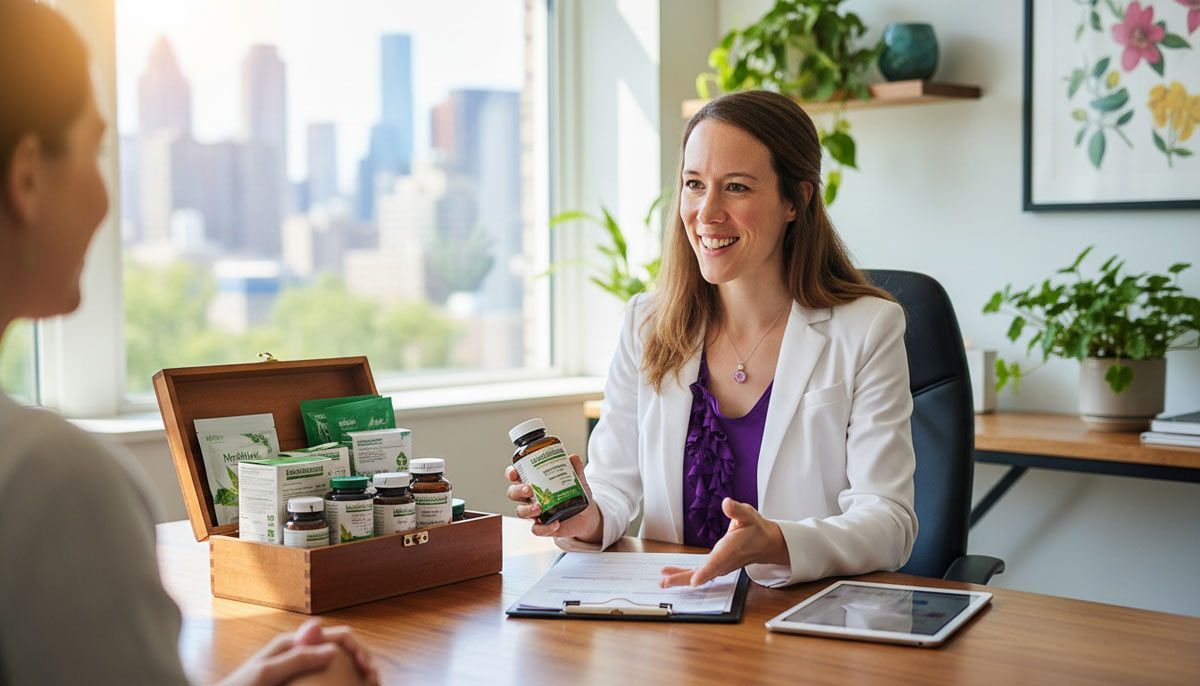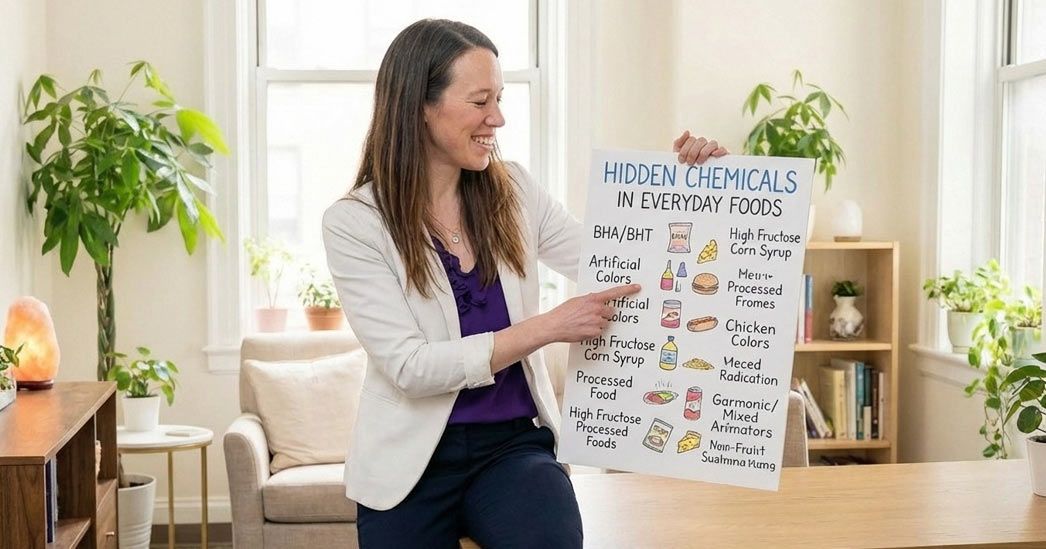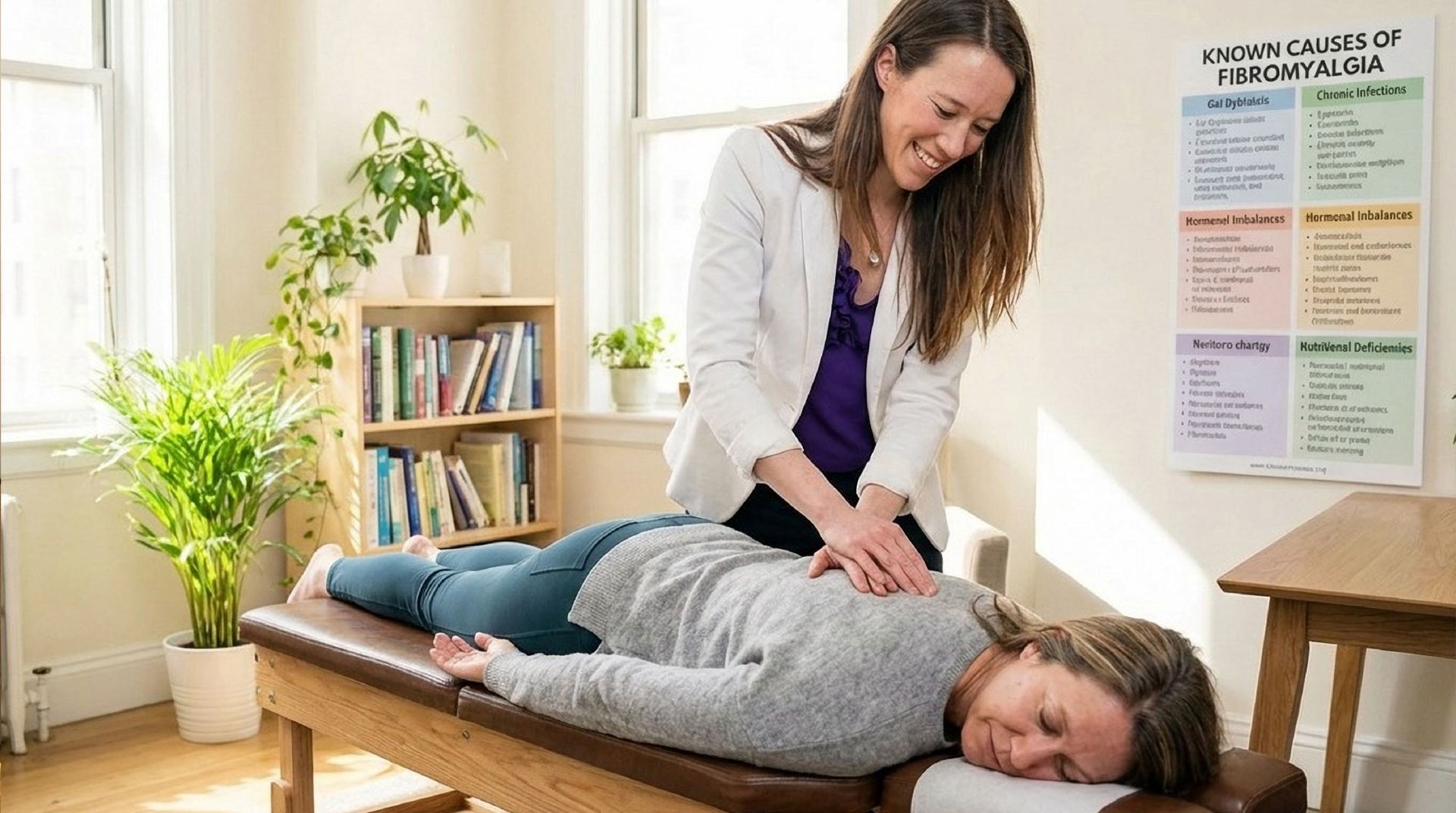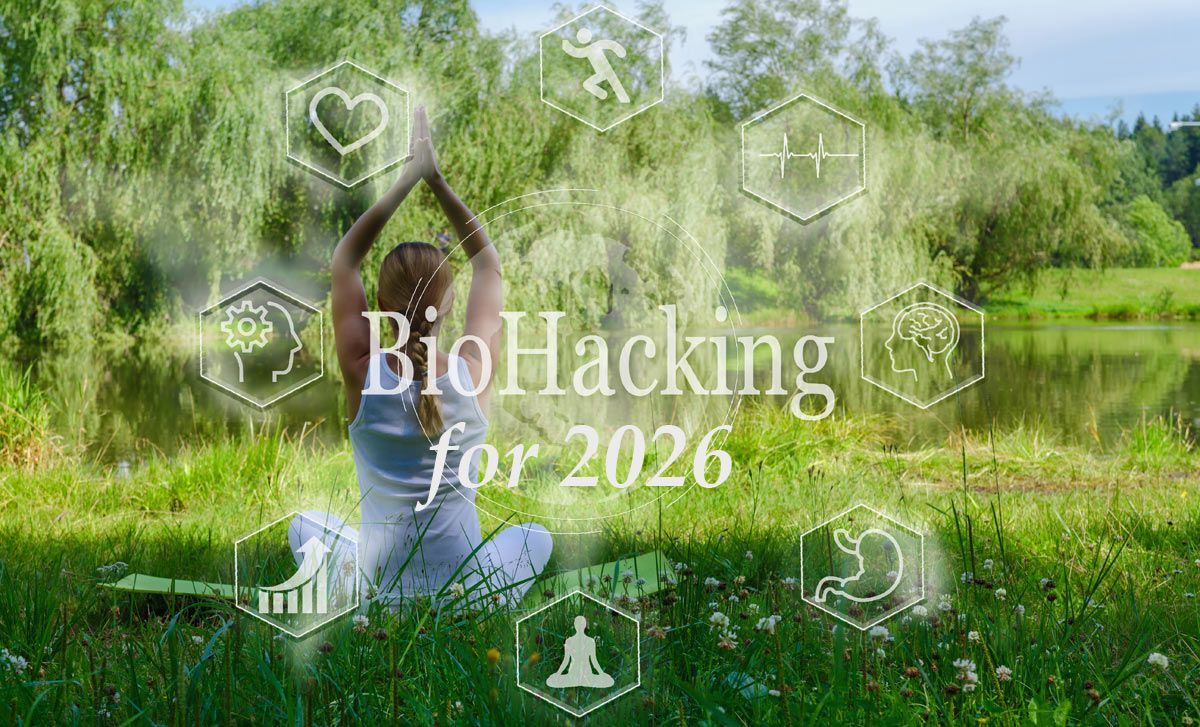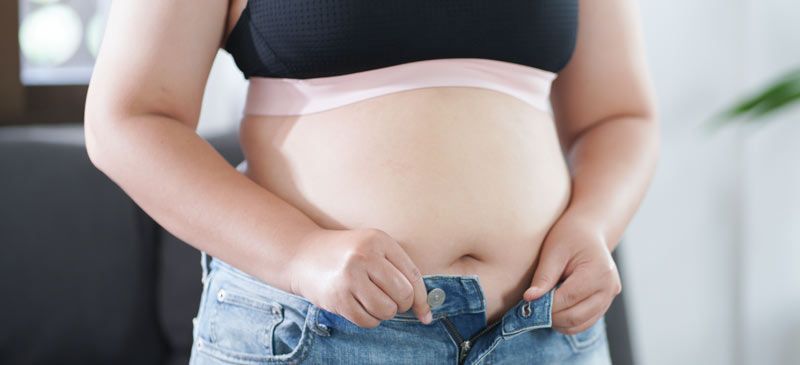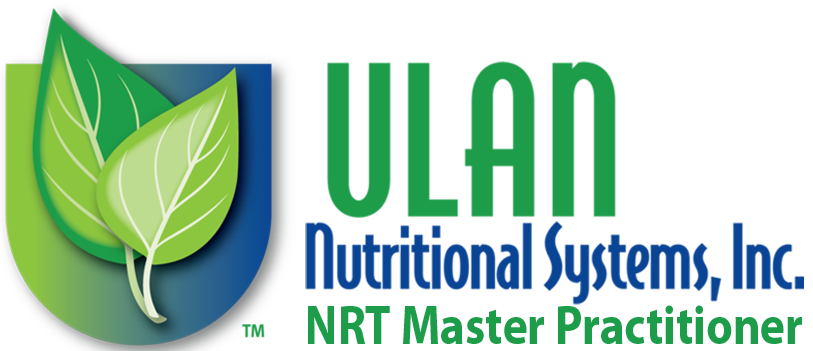Minimizing PMS Symptoms Naturally by Dr. Alicia Armitstead
"You may think that PMS symptoms subside with age. Unfortunately, cramps, headaches, and other premenstrual pain can get worse into your mid-30s and 40s. While many of us have accepted these symptoms as "normal," they're anything but ordinary."
- Dr. Alicia Armitstead
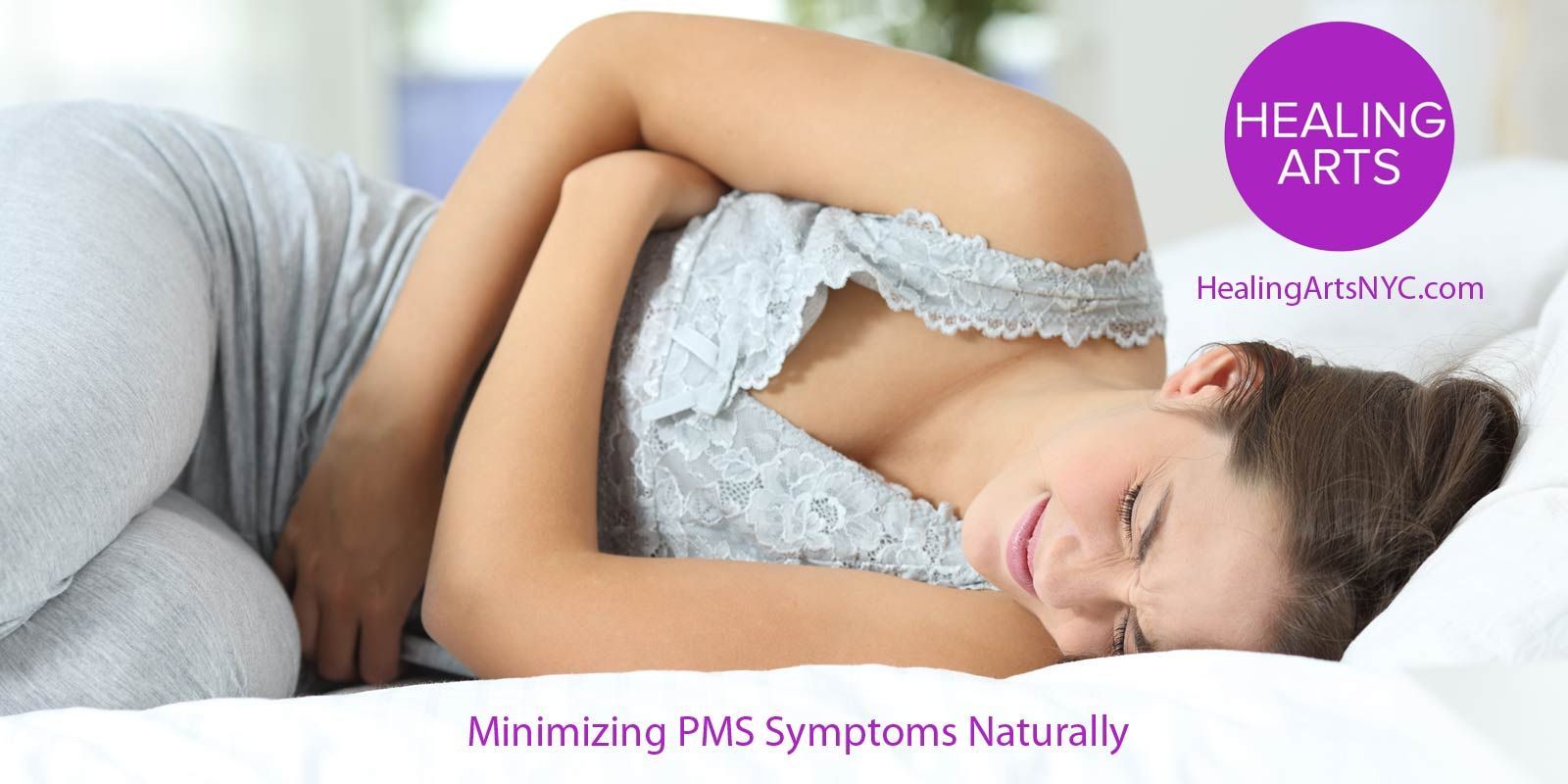
Learn How to Sooth PMS Symptoms with Holistic Remedies
You may think that PMS symptoms subside with age. Unfortunately, cramps, headaches, and other premenstrual pain can get worse into your mid-30s and 40s. While many of us have accepted these symptoms as "normal," they're anything but ordinary. Your symptoms could also be the result of something more serious. It's not healthy to be in pain every month or to experience mood swings, fatigue, irritability, or even acne regularly.
There are reasons you might experience hormone imbalance in your 30s and beyond, and it has nothing to do with PMS. What a lot of people do not know is that chronic stress, nutrient deficiencies, and environmental toxins all contribute to hormone imbalance. That's where we can help. With the muscle testing we do, we can identify those toxins, figure out what nutrients your body is missing, and design a nutrition program just for you.
The Effect of BPA Toxicity on PMS Symptoms
One of the main toxins we find in women suffering from hormonal issues is plastic. It's great that the government recognizes BPA as a toxin that not only interferes with women's hormones and fertility but also causes cancer, among other health issues. But BPA is one of many toxins in plastic, and I wonder how long it will take for the government to recognize it. So, we want to stay away from plastic whenever possible.
No plastic forks, spoons, straws. If you love straws, you can buy stainless steel straws on Amazon. No plastic water bottles. I use a glass one called a Flaska that I absolutely love. You can use stainless steel water bottles, too. Do your best to avoid Ziploc Bags, Saran Wrap, and Tupperware. To store leftovers, I use Pyrex glass containers with rubber tops, and I just don't let the food touch the rubber. But if you buy a bag of frozen peas, it is what it is; there is nothing you can do about it. I always suggest to my patients to do the best they can. They will not be able to get rid of plastic 100%.
The hormone disruptors in plastics even influence the way genes express themselves in people with obesity and reproductive disease to make it more likely that people pass the disorders onto their children. The study of how the cellular environment changes gene expression is called epigenetics. It's fascinating, and for this reason, we want the cellular environment to be as healthy as possible from all heavy chemicals, heavy metals, and junk food so that the cell can create optimal gene expression for your health.

Other Toxins That Can Increase PMS Symptoms
Besides plastic, other toxins that have been studied that cause hormone imbalance and can lead to PCOS and other issues are:
1. Pesticides - so eat as organic as possible.
2. Phthalates (THAL-ates) are chemicals in plastic that make it soft and flexible. They are also found in Cosmetics and personal care products, from perfume, nail polish, and hair spray to soap, shampoo, and skin moisturizers. To learn more about phthalates and how healthy your personal care products are, visit the Environmental Working Group for more information. The website rates all personal care products and cleaning products on a scale of 0-10:
- 0 being the healthiest for you
- 10 being the worst for you, meaning it's researched to cause cancer.
It's a great website with thousands of products rated so you can choose the healthiest ones, and I love the research they use to determine the score they give each product.
3. Phytoestrogens: a compound in plants that acts like estrogen in the body, and if we eat too many, the hormones get imbalanced because the body thinks it has too much estrogen. Foods that contain phytoestrogens include flax seeds, grapes, carrots, lentils, licorice, bourbon, olive oil, oats, soy and soy products.
4. Meat-Containing Hormones: Another big hormone disruptor we always eat is meat-containing hormones. When poorly farmed animals are given hormones to grow and mature faster to reach the butcher faster, the farmer can have a higher turnaround rate. Over the years, farmers have used more and more hormones with their animals, which is the reason why girls are hitting puberty faster. It's also a leading cause of moodiness. All women know what it feels like to be extra hormonal. The last thing we want is extra hormones from the meat we eat, so if you eat meat, then do your best to eat quality meat without added hormones.
Natural Supplementation Remedies for PMS Symptoms
One particularly significant natural method of treating hormones is Inositol, a sugar found in fruits, beans, grains, and nuts. The foods with the highest levels of inositol are cantaloupe and oranges. Inositol influences the insulin response and several hormones, not just sex hormones but also several hormones associated with mood and cognition.
Multiple studies have shown that supplementation with Inositol can improve insulin resistance and decrease male hormones in the bloodstream, lower blood pressure, and lower triglycerides, which makes it helpful for patients with PCOS (polycystic ovarian syndrome).
Also, inositol seems to promote ovulation, which, in turn, may support fertility. There was a study done where women who weren't getting their period and then started supplementing with inositol, 86% got their period back. In the control group who was taking a placebo, only 6% got their period back.
Another supplement that helps is vitamin D. Between 67%–85% of women with polycystic ovary syndrome are thought to be deficient in vitamin D. Adding vitamin D to a daily routine I have observed it to improve insulin sensitivity, increase weight loss success, slow the formation of ovarian cysts, regulate periods, minimize inflammation, reduce oxidative stress, lower cholesterol, lower high triglycerides and reduce male hormones in the bloodstream.
Another thing people don't realize is that women of all ages are starting to experience the symptoms of estrogen dominance or estrogen deficiency - way before perimenopause or menopause begins. Luckily, supplementing with the proper nutrients can help. That means fewer symptoms from PMS, like headaches, cramping, and mood swings.
I love using a red raspberry leaf to help not only with PMS, but it's also great for perimenopause, menopause, infertility, and amenorrhea too! You can drink it as a tea or take it as a tincture. The leaves of the raspberry plant are believed to cure infertility in both men and women.
I also use red raspberry leaf tea to help regulate menstrual cycles when the cycle is too long or too short, and it's great while pregnant, too, because it helps tone the uterus, decrease nausea, and ease labor pains. I also use it afterward for breastfeeding mothers because it helps increase milk production.
No matter what age you are, I see how hormone balance also means better long-term health. It truly is that important.
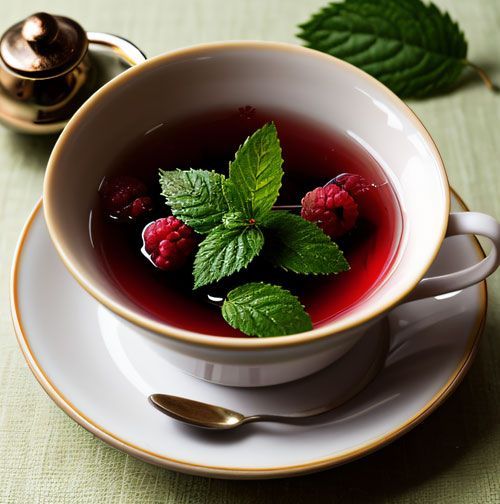
Additional References
- Fertility Health - This podcast from Healing Arts features valuable information and insights on fertility health. Discover expert advice, tips, and strategies to enhance your fertility journey and optimize your reproductive health. Whether you're just starting your family planning or seeking to improve your fertility, this resource is a must-visit.
- PCOS - Listen to a podcast episode from Healing Arts that delves into the world of Polycystic Ovary Syndrome (PCOS). It provides insightful information, tips, and strategies to help women navigate this condition and take control of their health and well-being.
- Biology of Belief Video - Dr. Armitstead explains Bruce Lipton's Biology of Belief and how our DNA expression changes based on the cell's environment.
